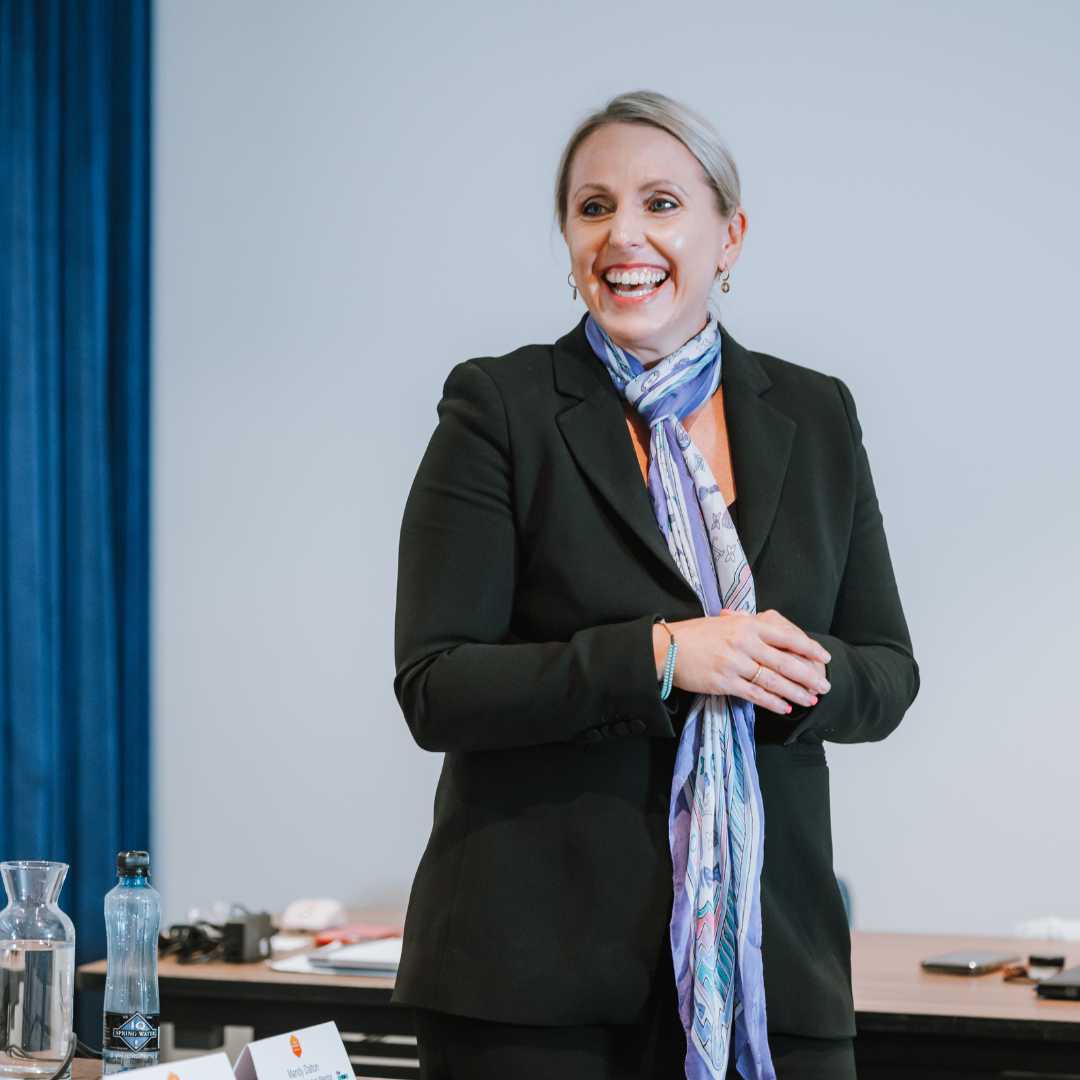Part 1 – Take your LinkedIn Profile Picture by phone!
This week I want to talk about taking feedback. Now, we have all heard of Constructive Criticism – feedback that highlights a weakness but is given in a diplomatic and constructive way to help us reflect, adapt, and grow as individuals.
But what if its general unsolicited feedback? As in, it’s not really constructive, you weren’t really asking for it, and you aren’t really sure what to make of it other than it’s brought a rush of negative emotion with it. Here is a situation I came across the other week as an example – not work related, albeit relevant as this can happen anytime.
Context: I was sitting in the car talking to my sister, and she said I was talking too loudly.
Her: “Shhhh, inside voices”
Me: (rage bubbling up inside and confused expression on my face) “Ahhh this is my inside voice?”
Her: “Well, sometimes you talk too loud. I am sitting right here and can hear you perfectly well. You should probably be aware of this”
Me: “OKAY COOL WELL I DON’T WANT TO TALK ANYMORE… BYE”
Okay the last sentence didn’t actually happen, but it’s how I felt. What I did say was something along the lines of “okay” in an annoyed/annoying whisper to prove a point. Yes, it was a petulant response, but she is my sister and old habits die hard, especially with siblings (if you are reading this, love you heaps!).
But realistically, I acted this way and was upset because..she could be right.
I started thinking – all along perhaps I’ve talked a little too loud and it puts people off and no-one has had the gumption to tell me? At work, is this how people see me, as being too loud? Do I distract everyone when I talk? Have people overheard me discussing confidential things when they shouldn’t have?
This internal dialogue is what feedback does – it makes us doubt ourselves and ponder previous actions and pokes holes all through the situations to reflect that this feedback is right. Her feedback wasn’t constructive in any way, and it was just her take on the situation.
I needed to recognise this, and perhaps guide her on how to be constructive with it. A different way for her to give constructive criticism would be:
“Hey, Caitlin, you have a voice that projects well which is great in social situations, but we are in the car so it’s a little loud for my hearing haha”
See what a difference this would have made to me? Yes, I may have still been slightly offended, but this frames the critique as good, just maybe not in the current context or situation. From there, I would only need to reflect maybe adapt my behaviour in more private or intimate situations.
So what happens if someone does this at work? Especially a senior? You cannot be petty about it. Do not be petty about it.
Here are the top 3 ways to take and respond to feedback:
- Take a moment to BREATHE and internalise any emotion realise just because you feel something, doesn’t mean you need to act on it or that they meant you to feel this way.
- Ask questions calmly – why do they say the things they said?
- Ask for constructive feedback ‘Okay, I see what you are saying, how do you see this could be done differently?’
People aren’t always available to these conversations, and you may not get the chance to do this. However, don’t always take what someone else says as gospel – it’s a pity when something small and incorrect can really affect your day and it was just an offhand comment from someone that they didn’t really mean.
Mindfulness can help with building resilience and filter your emotions. If you aren’t sure where to start, get in touch with us here so we can chat about your development journey – caitlin@theeainstitute.com.au






